The Liberal Party’s energy policies lack clarity, making them ill-suited to take to the next federal election (due by mid-2025).
Liberal Leader, Peter Dutton, has done well in opening public discussion on nuclear power – a discussion the government would like to suppress…
But the Liberal Party’s approach to both coal and renewables is confused.
Liberal leaders barely discuss the future of coal, as if nuclear power is all set to replace it tomorrow.
On renewables, Mr Dutton appears hesitant, saying in July that Labor’s ‘renewable zealotry is putting our nation at risk’, adding that Labor proposes ‘carpeting our landscape with 28,000 kilometres of new transmission poles and wires’.
At the same time, both he and Ted O’Brien, Shadow Minister for Climate Change and Energy, appear to see a long-term future for renewables, saying that nuclear power and renewables complement each other.
Mr Dutton also sees a future for Net Zero greenhouse emissions by 2050, based on nuclear power (which is emissions-free), with natural gas as the transition fuel along this road.
But even if achievable in the electricity sector, does he really believe Net Zero emissions can be achieved in transport, agriculture, mining, and manufacturing which requires that we get rid of petrol, diesel, jet fuel, natural gas, and burping cows?
And do the Liberals believe that ‘climate science is settled’, using the words of Chris Bowen, Labor’s lead person in this area?
There is a new approach for the Liberal Party that aims to overcome its current lack of clarity…
It would first promote coal and nuclear power as the way forward for electricity generation in Australia.
Coal is the lowest-cost form of baseload (that is, continuous) electricity for over 80 per cent of Australians.
Nuclear power is promising. However, the first plant will not be available before the mid-2030s, while nuclear power may not have a significant role in electricity generation before the 2050s.
Coal will be critical in the meantime.
Second, recognise that wind and solar energy cannot produce baseload electricity, even with large-scale battery support, an impossibly expensive way of overcoming renewables’ intermittency.
In addition, they are high cost, with retail electricity prices having increased twice as much as overall prices since 2000.
Furthermore, wind and solar farms are leading to increasing conflicts with farmers and others over land use and the environmental problems associated with them (e.g. bird deaths, how to dispose of used wind turbines and solar panels).
The best Liberal policy in this area would be to commit to phasing out government support for wind and solar power, including subsidies, running at $10 billion a year and steadily increasing under Labor. The next best policy would be for them to say as little as possible in favour of renewables.
Third, they should abandon the target of Net Zero emissions – it is a pipe dream entailing a political and economic transformation of Australia that would be destructive and serve no good purpose.
Do the Liberals want to see whole industries, including coal and natural gas, destroyed? And thousands of protesting farmers driving tractors down the main streets of our capital cities?
Fourth, the Liberal Party could recognise that natural gas’ main role in electricity generation is for peak-load power (required to meet temporary jumps in demand), not baseload power, for which it is more expensive.
In addition, natural gas is in short supply in the eastern states, a result particularly of the:
- NSW Liberal government’s decision in 2014, only partly relaxed since, to ban onshore gas exploration.
- Northern Territory’s effective ban on hydraulic fracturing until this year.
- Federal Labor’s imposition of natural gas price caps in the eastern states.
- Victorian Labor government’s planned phasing-out of natural gas.
The NSW and Northern Territory actions have seriously delayed exploration and production in their areas of responsibility, as have natural gas price caps. The onshore production in Victoria, for example, is effectively outlawed.
The Liberals need to address these issues.
Fifth, they could open up discussion of climate science and refrain from taking a position on it as a party. Instead they could present different sides of the debate.
The objective is to show that climate science is not as clear-cut as presented by those favouring radical action on emissions.
In the words of American scientist Judith Curry, ‘The climate system is way more complex than just something that you can tune with a carbon-dioxide control knob.’
The Liberals’ lack of clarity on its energy policies reflects a wish to ‘run with the hare and hunt with the hounds’, keeping on good terms with all sides in the energy debate.
But good policies do not work on this principle – rather, they work by acting on the basis of conviction, inevitably ruffling feathers along the way, but bringing voters along who agree or at least conclude: ‘I am not sure I like all they say, but at least I know what they stand for.’
In 2017, the then-Treasurer, Scott Morrison, brought a lump of coal into Parliament, saying: ‘Don’t be afraid, it won’t hurt you.’
Four years later, as Prime Minister, Mr Morrison capitulated to pressure from climate change activists, announcing that Australia ‘will deliver Net Zero emissions by 2050’.
The next year (2022), the Liberals lost government.
The party will falter again if it goes to the next election (due by mid-2025) with its energy policies based primarily on nuclear power.
Nuclear power is not enough – the party needs to present a firm position on coal, natural gas and renewables as well. Without doing so, it risks losing an election that it otherwise can win.
Brian Wawn runs Energy Bureau, committed to stimulating discussion in Australia on energy issues.
Got something to add? Join the discussion and comment below.
Get 10 issues for just $10
Subscribe to The Spectator Australia today for the next 10 magazine issues, plus full online access, for just $10.

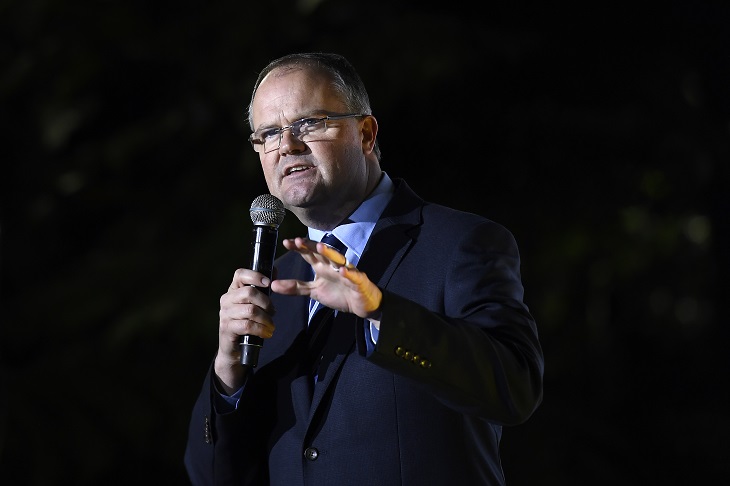

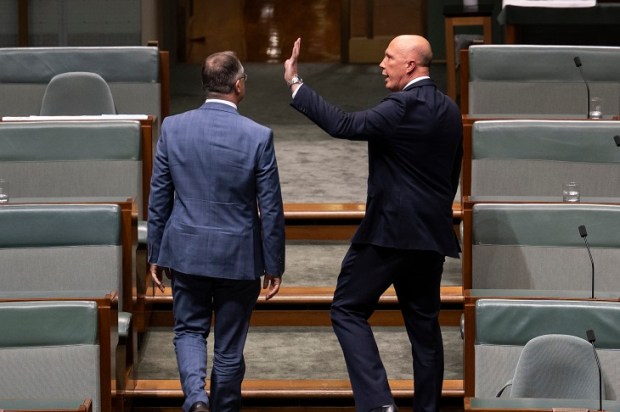
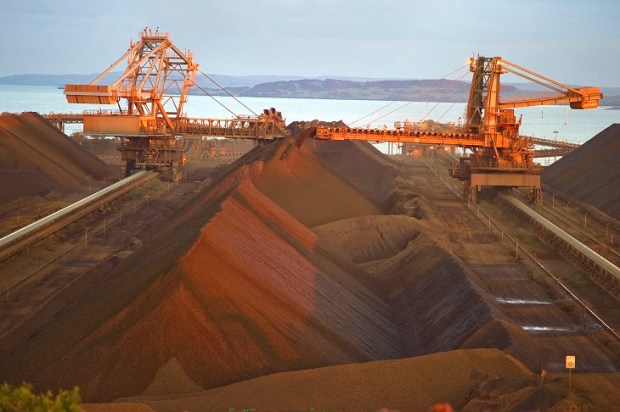

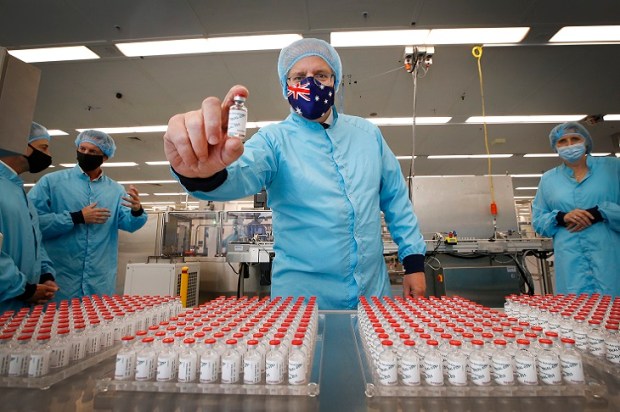
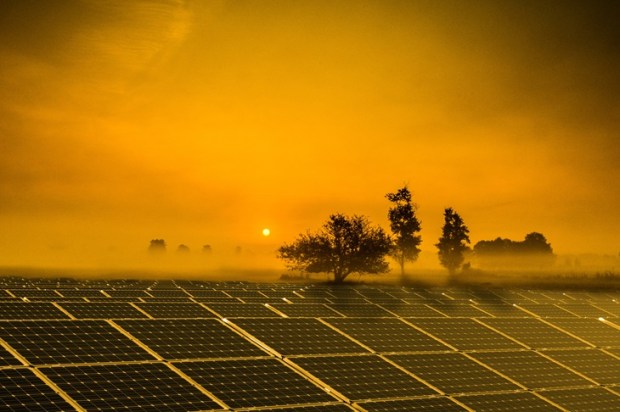


















Comments
Don't miss out
Join the conversation with other Spectator Australia readers. Subscribe to leave a comment.
SUBSCRIBEAlready a subscriber? Log in